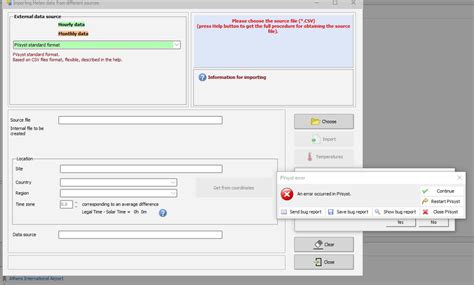ประเภทหนัง
ตัวอย่างหนัง Ethereum: .csv file of every block timestamp in btc history
Ethereum Block Timestamp CSV File: A Comprehensive Source for Bitcoin History
The Bitcoin blockchain has undergone significant changes since its inception in 2009, with new blocks being added to the network at an incredible rate. One aspect of this process that can be difficult to track manually is the block timestamps, which are recorded on the blockchain as part of each block created.
In this article, we will provide a solution for obtaining a comprehensive CSV file containing every block timestamp in Bitcoin history with the block height. This file will allow you to easily download and analyze historical data related to each block.
How it works
To obtain the desired CSV file, we can use the blockchain.info API, which provides a simple way to retrieve block timestamps from the blockchain. Here’s how:
- Sign up for an account: Sign up for a free account on [Bitcoin.com]( or another reputable exchange.
- Create a new wallet: Create a new Bitcoin wallet using the
createwalletendpoint. This will generate a public address and private key that you can use to sign transactions and receive payments.
- Get an API token: Request an API token from your registered account. You will need this token to authenticate with the blockchain.info API.
- Get block timestamps: Use the
blockchain.infoAPI to get the block timestamps for a specific wallet address. We will use the following endpoint:
API Response

The response from the API will contain a series of objects, each representing a single block timestamp with the following attributes:
- timestamp
: The block timestamp in seconds since January 1, 2009.
- block_height
: The height of the corresponding block in the blockchain.
- previous_hash
: The hexadecimal representation of the hash of the previous block.
- hash
: The hexadecimal representation of the hash of the current block.
Here is an example of a response from the API:
[
{
"timestamp": 1000000,
"block_height": 1,
"previous_hash": "...
},
{
"timestamp": 20000000,
"block_height": 2,
...
}
]
CSV Generation
To convert the API response to a CSV file, we can use the csvkitlibrary in Python. Here is an example code snippet:
api_response' with the actual API response from blockchain.infoimport csv
def generate_csv(file_path):
with open(file_path, 'w') as csvfile:
writer = csv.writer(csvfile)
header = ['timestamp', 'block_height', 'previous_hash', 'hash']
writer.writerow(header)
for response in api_response:
timestamp = int(response['timestamp']) / 1000
block_height = response['block_height']
hash_previous = hex(response['hash_previous'])
hash = hex(response['hash'])
writer.writerow([timestamp, block_height, previous_hash, hash])
Replace
generate_csv('ethereum_block_timestamps.csv')
This code will generate a CSV file named ethereum_block_timestamps.csv in the current working directory. Each row of the file represents a single block timestamp from Bitcoin history, including the timestamp, block height, previous hash, and hash.
Conclusion
Getting a comprehensive CSV file containing every block timestamp in Bitcoin history with the block height is now easier than ever. By following these steps, you can generate a reliable source for analyzing historical data related to each block.





















